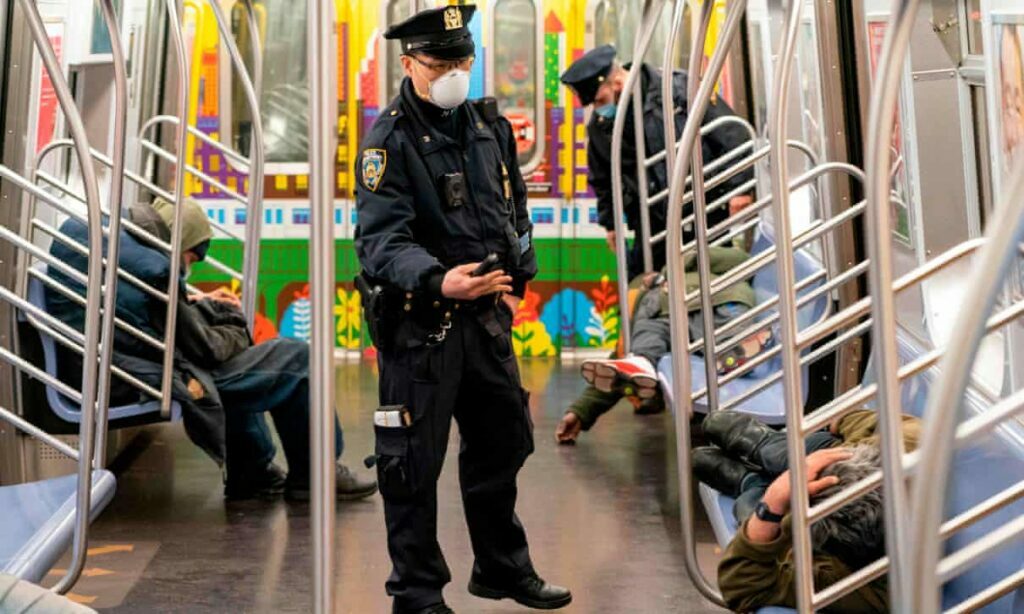
Oksana Mironova, Housing Policy Analyst
To what extent it would be possible to reduce homelessness by eliminating related problems such as domestic violence, evictions and mental illness?
I think if we significantly reduce evictions, homelessness will go down. It’s not going to be 1 to 1 impact because not every single person who was evicted went to the shelter and not every single person in the shelter was evicted, but there is relationship.
How difficult it is to convince chronic homeless people to join housing program?
It’s getting also out of housing policy. If we have better delivery system for mental health and health care in general, that’s where the intervention needs to happen.
Lloyd Pendleton, the director of Utah’s homeless initiatives said, “We only do first-rate housing where you can move inside, and then actually feel like you want to move forward in your life.” How to achieve this mindset of homeless people?
I think lots of people who don’t want to go to the shelter is because shelters are not safe. There is a belief that shelters are safer places than the street, but it is not necessarily experiencedly truth for lot of people. So, I think making sure that the solutions have been offered fit the personal experiences is important. And, of course, communication.
Shouldn’t we put more emphasis on permanent than transitional housing?
I think that’s right. That would be best which make a sense. Shelter is just a stop gap.

Don’t you think that sometimes we, as a society, invest money to some temporary programs instead system based on long-term solutions?
Yes. Both homelessness and housing in general is much more complex and the time needs to be much longer. And thinking not like “we are going to house these ten people for one year” but better making system of big changes. That makes a sense.
Experts say that one possible solution is learning from successful examples. That means going to lower-income neighborhoods and speaking with tenants about how they figured out their housing needs without being homeless. Couldn’t help this to reduce homelessness?
That makes sense but it is hard because is not easy figuring out why the people didn’t become homeless. It is challenge but yes, if you are able to do that, it makes a sense.
What is the biggest obstacle in solving homelessness?
I think the biggest obstacle is political will because both – the US generally and New York State specifically – have enough wealth to be able to address homelessness, but there is just not political will to do it because the amount of funding that goes towards homelessness specifically and housing generally that are really connected is miniscule compared to what gets spend on other things. So, I would say that the money is there, it´s just not been allocated toward the solutions that have proven to work whether is housing first or permanent housing. The money is not going in the right direction.
Since problems are connected (e.g. impact of evictions and domestic violence on homelessness), wouldn’t be useful to see a bigger picture first in terms of the mutual impact of individual problems?
I think a bigger picture is helpful and I think lot of the times the timeline of electoral officials function usually “I go to the office, I have a year and then I have to start back re-election campaign and then that become a primary focus.” So, kind of zooming out and thinking about problems in a bigger scale is hopeful, but I think that the power of political influence is also there so are they just not paying attention of the bigger picture or there are lobby groups they are helping them to pay attention. Politics influence the way that people look at the things is really important as well.
(Interview with Jan Maloch, PIQASO)


